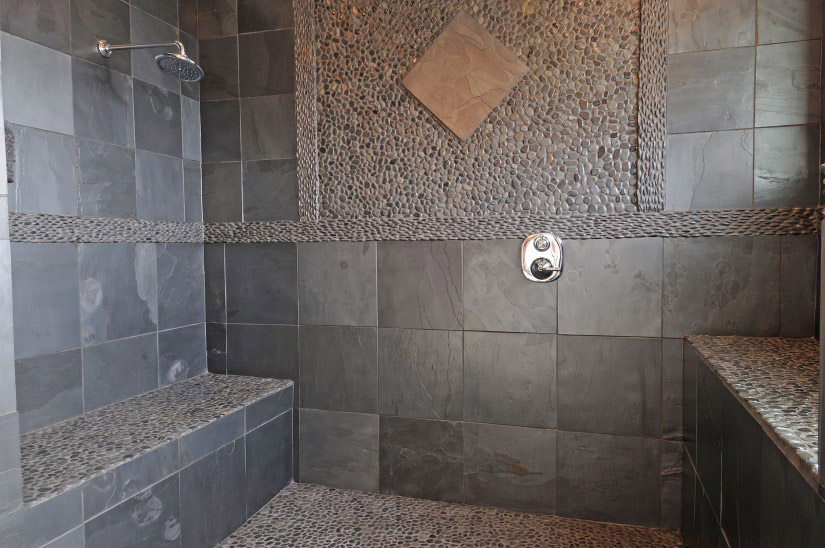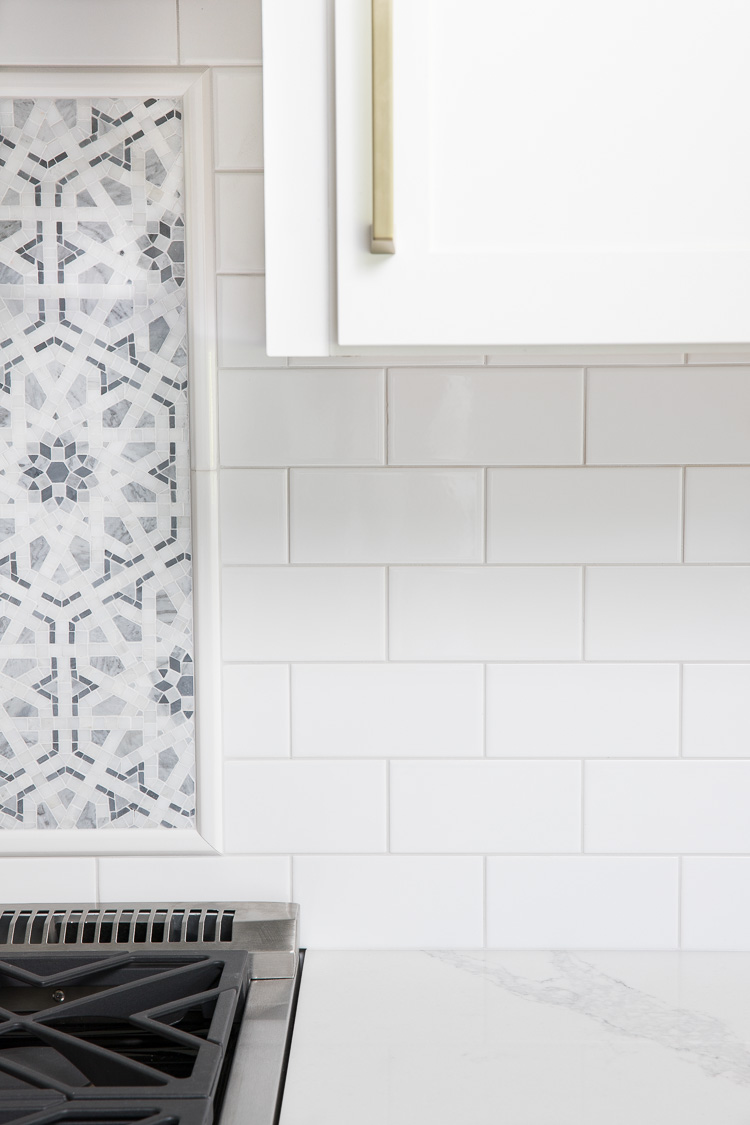Bathroom and Kitchen Grout Color Considerations
When tiling a kitchen or bathroom floor many people spend days agonizing over the choice of tiles: What kind of tile , what shape , and what color . Selecting the grout that will divide and frame the tiles is often a mere afterthought. It's not a choice to make lightly. Grout color can profoundly affect the look of your tile project.
Grout helps determine the functionality and durability of a tiled floor, especially in bathrooms and kitchens, which are often high-traffic rooms that are exposed to a lot of moisture and mess. But grout also plays a key aesthetic role; the color of grout will determine whether the eye is drawn to the beauty of the individual tiles or to the overall pattern and sequencing of the tiles across the surface.
"Not only does grout fill the voids, it makes the floor, wall, or countertop stronger by bonding the tiles together and preventing the edges of a tile from chipping and cracking." according to David Goodman, a tile contractor
So the big question is how do you choose, with a vast array of grout choices? First, think about other aspects of your home, and the look you're going for. Grout colors that closely match the color of the tile will blend, lending to a seamless and timeless effect. Hence, the white grout used with the white tile above seems classic and doesn't make waves. On the other hand, going with a contrasting grout color automatically feels edgier and punches up the graphic feeling.
Many people choose darker grouts, like grey or black, because they are less likely to show dirt and mold with time. Others, however, feel that dark grout looks dirty to begin with. Confused about your own feelings? Try placing several pieces of your tile on a piece of construction paper in the color of your choice. It's an easy way to get something of the effect of your color choice BEFORE you make the commitment.
What are some key considerations when selecting grout?
Choosing Type of Grout:
Cement vs. Epoxy:
Cement-based grout, most commonly Portland grout, is the cheapest, most commonly used, and most widely available kind of grout. Epoxy and Furan grouts are pricier, harder to find and more difficult to install. But they are more durable, and offer greater resistance to stains, water damage and damage by chemicals found in household cleaners.
Sanded vs. Unsanded:
Adding sand to grout makes it more resistant to cracking or shrinking. Sanded grout should be used if the spaces between the tiles (known as joints) are greater than 1/8 inch.
Selecting Grout Color
Experts recommend choosing several color samples and spacing them around and in between your tile sample. You could also have your contractor mock up some sample tile-grout combinations, which will cost extra but will help you avoid even costlier mistakes.
For more creative ideas and assistance, check our main page here:
tile and grout cleaning auckland, tile and grout cleaning northshore









0 Response to "Bathroom and Kitchen Grout Color Considerations"
Post a Comment